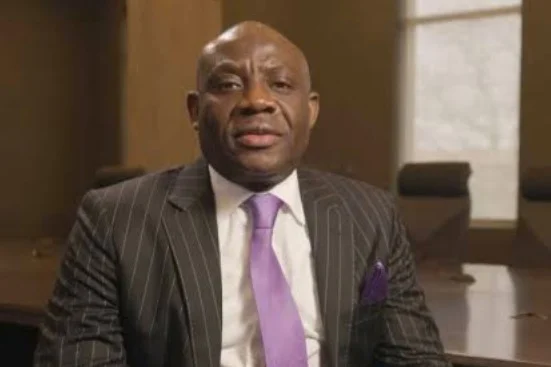|
Listen to article
|
On the domestic front, Minister of Education, Dr. Tunji Alausa, disclosed on Friday that the government plans to consult extensively with education stakeholders on the proposed shift to a 12-year basic education model. Addressing journalists in Abuja, he highlighted the administration’s commitment to refining the policy to meet national educational needs.
During the Extraordinary National Council on Education Meeting in Abuja on Thursday, Minister of Education, Dr. Tunji Alausa, introduced a proposal aimed at transitioning to a 12-year compulsory education model within the existing 6-3-3 system.
However, speaking at a press briefing on Friday, Alausa clarified that the proposal remains a subject of discussion and has not yet been adopted as official policy. He emphasized that further consultations with key stakeholders would determine the feasibility and implementation of the plan.
A key aspect of the proposal, as outlined by Dr. Tunji Alausa, is the elimination of the examination hurdle between Junior Secondary School (JSS) and Senior Secondary School (SSS). This change would enable students to transition smoothly without the need for external assessments at that stage. The minister reiterated that the proposal remains in the consultation phase and emphasized that its adoption would be contingent on further discussions with relevant stakeholders.
Read also: FG Cites Data Shortage As Barrier To Education Plans
Alausa explained that the initiative aims to align Nigeria’s education system with global best practices observed in countries like the United States, the United Kingdom, and Ghana, where a 12-year compulsory education model has contributed to better learning outcomes. He reassured that the government remains committed to a smooth transition, emphasizing that extensive consultations with stakeholders would be conducted to prevent disruptions in the sector before any final decision is made.
“The minister said, “What we are saying is that we need to move from what we have now as nine years compulsory education to 12 years of compulsory education, as it’s obtained in other parts of the world.
“If you look back into the history of Nigeria, 30 years ago, people that went to the primary education there and got up to standard six, if you compare the level of education, the level of instruction, even the standard three then, it’s much better than what we get in GSS three now.
“Today, our quality of instruction and education is falling. If we let these kids continue to graduate, if we let these children tell them that they only have nine years of compulsory education, we’re literally just training illiterates. We’re not preparing them for the future.”
Additionally, he said there will be efforts to improve funding, particularly for early childhood education, and strengthen the quality of public schools, in order to equip students with the skills necessary for success in life, whether in further education or the workforce.
























